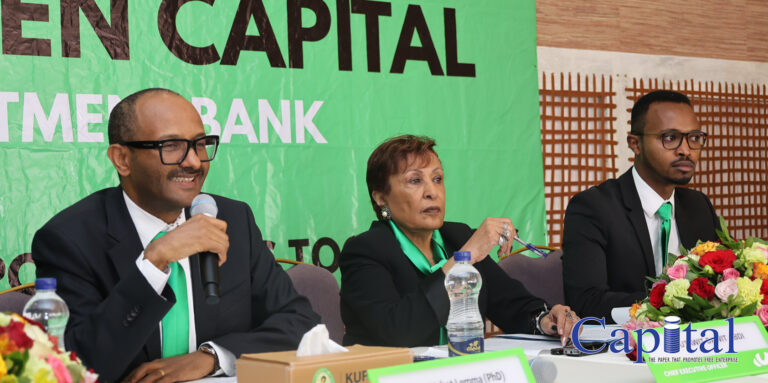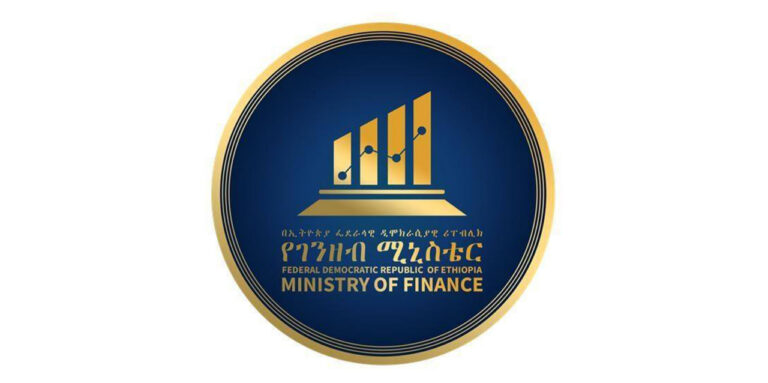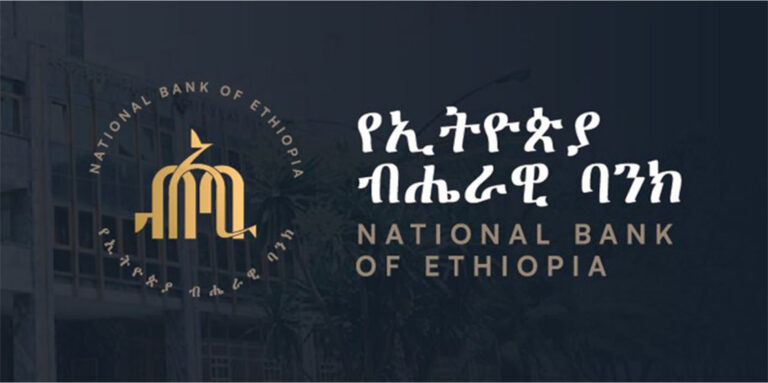Wegagen Capital Investment Bank (WCIB), Ethiopia’s first licensed private investment bank, announced plans to expand its services into wealth and portfolio management, alongside launching environmental, social, and governance (ESG)-aligned and Shariah-compliant financial products. This strategic move marks a new phase in WCIB’s commitment to fostering a diverse, modern, and inclusive capital market in Ethiopia.
In its first public performance report for the financial year ending June 30, 2025, WCIB highlighted its rapid development since launching operations in March 2025 with a paid-up capital of 385 million birr. The bank has already established itself as a key player in Ethiopia’s financial transformation, notably playing an instrumental role as the inaugural trading member of the Ethiopian Securities Exchange (ESX) during its live trading launch.
Aklilu Wubet, Chairperson of WCIB’s Board, described the initial period as a testament to the bank’s institutional strength and its foundational role in Ethiopia’s emerging capital market. The bank’s opening services include facilitating private placements for growth-oriented companies, offering advisory services for public share sales, and corporate advisory on share registration and restructuring.
To date, WCIB has opened 37 investment accounts serving clients across banking, real estate, and insurance sectors, signaling strong market acceptance. CEO Brutawit Dawit noted the bank’s focus on building sustainable, long-term growth foundations, reflected in a revenue of 7.9 million birr against operational costs of 22.4 million birr during this early phase.

Strategic investments include fixed assets, comprehensive staff training, and the recruitment of experienced foreign professionals to address Ethiopia’s limited domestic expertise. Robust internal compliance and risk management frameworks have been established, aligned with national regulations.
Looking ahead, WCIB’s management expressed confidence in achieving profitability next financial year, buoyed by strong initial performance and an expanding client base. The bank’s strategic priorities are well positioned to leverage Ethiopia’s promising economic growth, projected at 6.6% for 2024/25 and 8.4% for 2025/26, which drives demand for innovative financing solutions.
Aligned with market forecasts indicating capital market growth from 537 billion birr to over 959 billion birr by 2028—and over 500 million birr mobilized for climate investment in 2024 alone—WCIB plans to capitalize on domestic and diaspora savings. This includes developing institutional investment products, bringing international expertise to local markets, and forging strategic partnerships regionally and internationally.
Brutawit emphasized, “WCIB is more than a financial institution; it is committed to unlocking opportunities, shaping a vibrant capital market, and laying the foundation for inclusive and sustainable economic growth.” Despite challenges inherent to an emerging sector, the bank’s trajectory is vital to Ethiopia’s broader economic transformation.
WCIB’s paid-up capital stood at 385 million birr at licensing in March 2025, with current assets reported at approximately 387.8 million birr and liabilities of 374.8 million birr, underscoring a solid financial base for future expansion.






